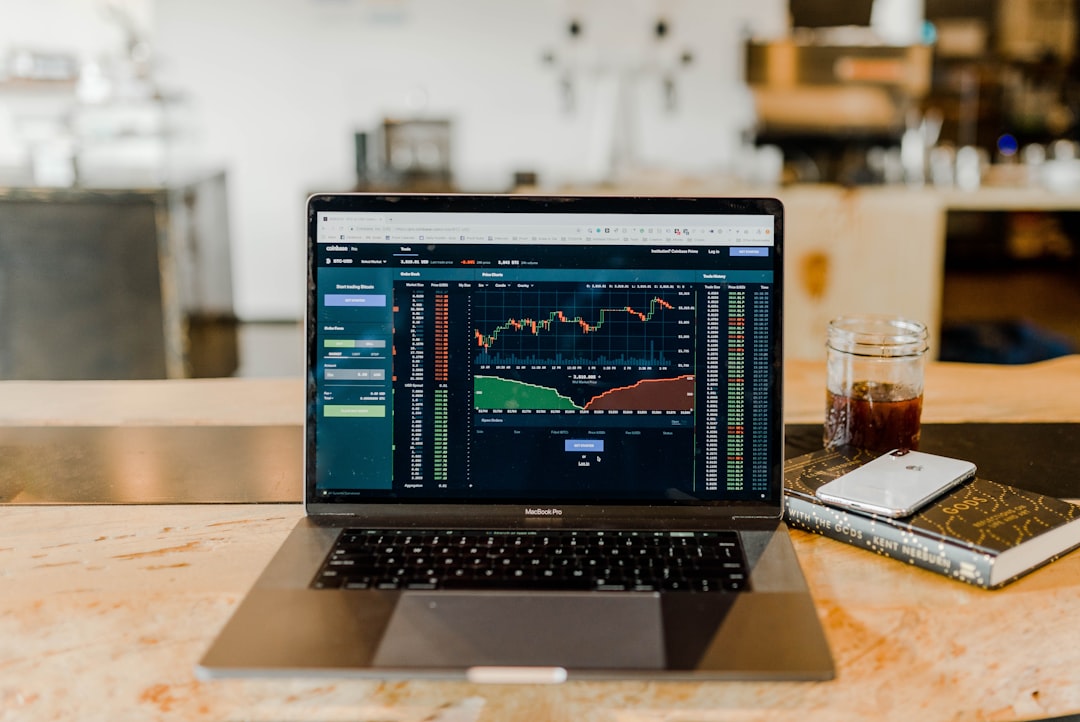
Top Resources for Understanding Economics: A Comprehensive Guide.
# Introduction. Understanding economics can be both rewarding and challenging. With its intricate theories, fluctuating markets, and dynamic fiscal policies, the world of economics affects daily life, business decisions, and government policies. For those eager to delve into this field, countless resources are available to make the complexity of economics more digestible. This post will highlight some of the best resources for understanding economics, ranging from foundational textbooks to innovative online platforms. # 1. Textbooks: The Foundational Pillars. Textbooks remain a go-to resource for students and self-learners alike. They provide structured knowledge and comprehensive coverage of key concepts in economics. Some of the most recommended textbooks include: - **"Principles of Economics" by Gregory Mankiw**. This book is widely used in introductory courses and covers fundamental principles clearly and engagingly, making it suitable for beginners. - **"Economics" by Paul Samuelson and William Nordhaus**. A classic in the field, this book offers both theoretical insights and practical applications of economic theories, covering everything from microeconomics to macroeconomic principles. - **"Freakonomics" by Steven D. Levitt and Stephen J. Dubner**. Though not a traditional textbook, this intriguing book uses real-life examples to demonstrate economic concepts, making it accessible and enjoyable to a broad audience. # 2. Online Courses: Expanding Knowledge at Your Own Pace. With the advent of e-learning, many individuals now prefer gaining knowledge through online courses. Various platforms offer free and paid courses in economics for different experience levels. Notable platforms include: - **Coursera**. Partnering with top universities, Coursera provides an array of economics courses from introductory to advanced topics. Courses like “Principles of Microeconomics” by the University of California offer interaction and assessments to enhance learning. - **edX**. Similar to Coursera, edX partners with premier universities like Harvard and MIT to provide high-quality courses in economics. Their “Microeconomics” and “Macroeconomics” courses allow learners to explore these fields through rigorous academic standards. - **Khan Academy**. Ideal for younger audiences and casual learners, Khan Academy offers free lessons on fundamental economic concepts through engaging videos and exercises, emphasizing easy comprehension. # 3. Podcasts and YouTube Channels: Economics in Your Ear and Eye. For those who prefer auditory or visual learning, podcasts and YouTube channels provide valuable insights into economics in relatable formats. - **Podcasts** like **“Planet Money” from NPR** explore complex economic issues through storytelling, making it engaging for listeners. Topics range from understanding financial crises to the gig economy's evolution. - **YouTube channels** such as **“Economics Explained”** break down economic theories and real-world phenomena in an easy-to-understand format, highlighting current economic events and explaining their implications coherently. # 4. Economic Journals and Blogs: Staying Updated with the Latest Trends. For those looking to deepen their understanding of contemporary economic events, academic journals and blogs provide comprehensive research and analysis. - **The Journal of Economic Perspectives** provides insightful articles from economists discussing current research and trends in the field. Each issue varies in themes and importance, making it a valuable resource for practitioners and enthusiasts alike. - **Blogs like Marginal Revolution** by Tyler Cowen and Alex Tabarrok offer informal yet insightful economic discussions. They combine academic rigor with real-world examples and current events, making essential topics accessible to readers of all levels. # Conclusion. Whether you're a student, a budding economist, or just someone interested in understanding more about the forces that shape our world, there are abundant resources available that cater to all learning preferences. From foundational textbooks to engaging podcasts, the options are vast and varied. Utilizing a combination of these resources can provide a holistic understanding of economics, empowering individuals to navigate the complexities of the economy effectively. By diving into these materials, you’ll not only gain knowledge but also become better equipped to engage in meaningful discussions about economic policies and their implications for society. .







